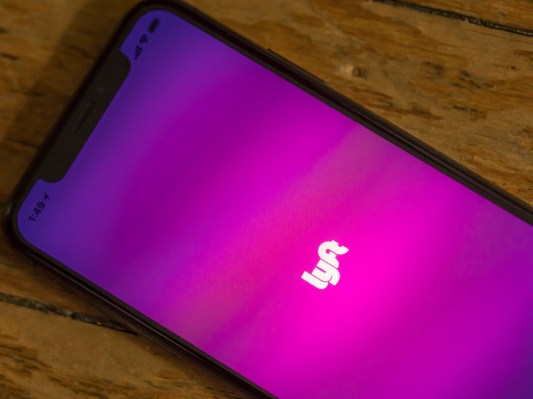Disability Rights Advocates, on behalf of the Independent Living Resource Center and two people who use wheelchairs, filed a class-action lawsuit today against Lyft. The plaintiffs allege the ride-hailing company discriminates against people who use wheelchairs by not making available wheelchair-accessible cars in the San Francisco Bay Area.
The case, filed in Alameda County Superior Court, alleges Lyft directly violates the law by not providing an equal and accessible transportation option to all. The suit specifically alleges Lyft is in violation of the Unruh Civil Rights Act, which guarantees people with disabilities are entitled to full and equal accommodations. The suit also alleges Lyft is in violation of the California Disabled Persons Act.
“There is no doubt that those living with disabilities face significant transportation challenges — challenges that have existed for decades,” a Lyft spokesperson said in a statement. “Since Lyft was founded in 2012, we have sought to increase access to transportation around the country for underserved populations, including those living with disabilities. We currently have partnerships and programs in place to provide enhanced WAV access in various parts of the country, and are actively exploring ways to expand them nationwide.”
Lyft does have a service, Access, designed to serve people with disabilities, but the plaintiffs allege Lyft’s service for people with disabilities is “a sham and a completely inadequate substitute for actual accessible transportation,” the lawsuit states.
“Instead of connecting a rider in access mode with an accessible vehicle, Lyft sends the rider a text message with a link to a website listing phone numbers for paratransit, public transportation agencies, and local taxi companies around the country,” the lawsuit states.
TechCrunch was able to reproduce this claim outlined in the lawsuit. When I requested a car in Access mode, Lyft matched me with a driver and then sent me a text message stating:
Lyft accommodates service animals and foldable wheelchairs. If you need a vehicle with a ramp or lift, visit http://lft.to/access to connect to local services.
That means those who can’t easily get in and out of their wheelchairs would need to contact one of those local services.
“This effort is as laughable as it is inadequate, and clearly demonstrates Lyft’s lack of commitment to making its service accessible to people who need vehicles with lifts or ramps,” the lawsuit alleges.
The suit later describes how there are major limitations to public transportation and paratransit for those with mobility disabilities. Therefore, “many persons with disabilities must use private transportation services to travel from one place to another.”
The plaintiffs do not seek money, but simply equal access to Lyft. Lyft’s main U.S. rival, Uber, also faces a number of lawsuits pertaining to the lack of services it offers to people with mobility disabilities. The DRA has filed similar suits against Uber in both New York and California.
